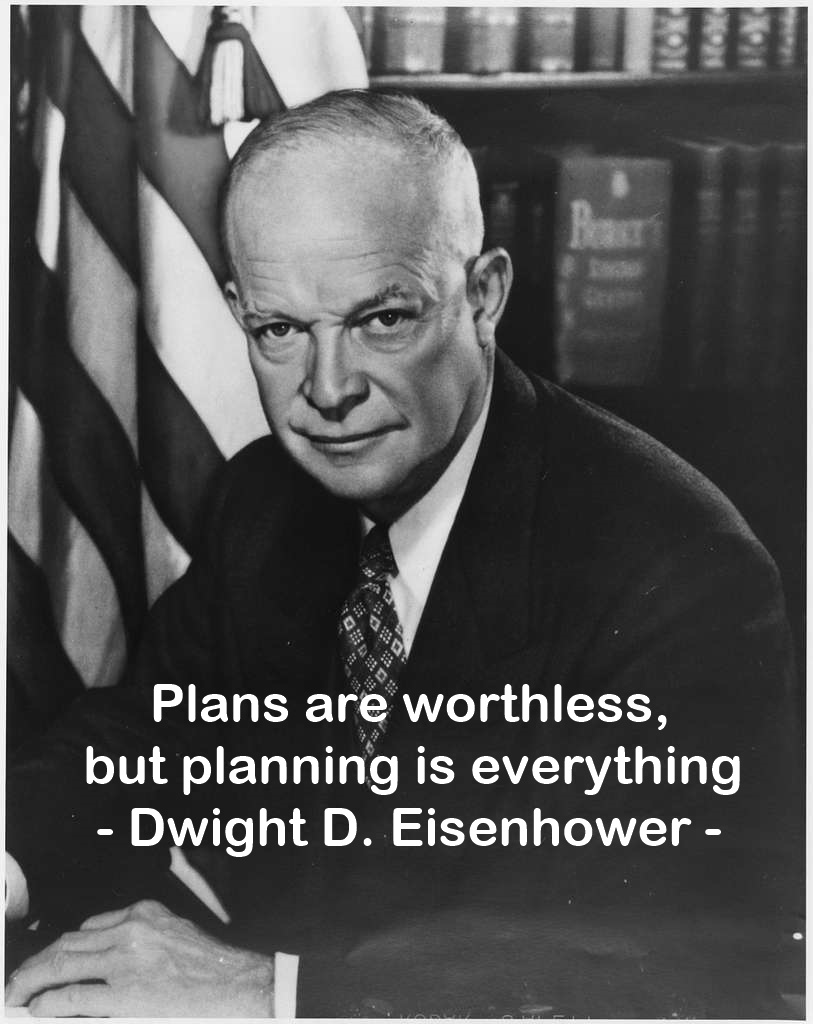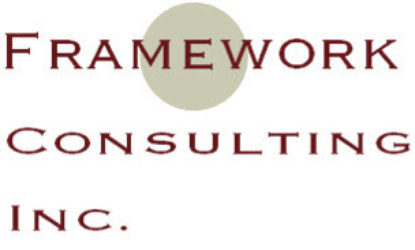As a patriotic Jamaican, you want the best for our country. Like most, you complain about how hopeless things feel at times, especially in regard to elements of crime, literacy, energy prices and a sluggish economy.
You haven’t given up, but as you look to the future, you wonder if anything can make a difference. Ever. You want a sign that things can change. In this article, I’d like to suggest that a window of opportunity has recently opened.
The timeframe runs between today and December 31st, 2030, a gap in which a transformation becomes available. While it hasn’t started, there is a helpful confluence of events we have never before seen in our island’s history. For those who are willing to take positive action for our country, it’s unique.
It will require, as Sir Winston Churchill announced: ”Blood, sweat and tears.” But if you are someone who wishes to act to create a different future for Jamaicans at home and elsewhere, keep reading to see why the circumstances are shifting in your favour, and why there could be hope.
Invisible Progress
As a person who stays in touch with the news, you may already know that Jamaica is being celebrated. However, these accomplishments have nothing to do with track and field or music.
Instead, it’s our economy and the reduction in our debt-to-GDP ratio.
Call this an invisible achievement. Like the wind, it can’t readily be seen to the naked eye. But fact is, it’s already happened and performed an important, background job: protecting us from COVID’s worst.
Perhaps no-one has offered a more clear explanation than Dr. Marla Dukharan, the Trinidadian economist who sits on the board of CAPRI (the Caribbean Policy Research Institute) located in Mona.
In a recent interview, she stated that there has been “a meteoric change in Jamaica’s socioeconomic trajectory for the past 12-14 years.”
She’s not the only one. There’s a growing consensus among development organisations that an unprecedented miracle has occurred. (A few are listed at the bottom of this article.)
Unfortunately, very few Jamaicans agree. Why?
For the average citizen, a positive economic development should be felt in daily life. The fact that the gains helped avoid a pandemic-related tragedy is not a real plus: it’s merely the absence of a negative.
Compared to the new boom times Guyanese residents are experiencing the complaint continues, “Nutten nah gwaan yah so.”
To bring the message to the public, a plain message is needed.
As Dukharan puts it, by “2011-2012, Jamaica had hit rock bottom from a balance of payments crisis perspective.”
In other words, we were in the kind of trouble that countries take decades to escape. If ever. Our citizens were a far distance from feeling a pocketbook difference.
On a personal note, when I moved to live in Trinidad in 2014, I feared that my own Jamaican experiment was coming to an end. Thankfully, I returned! And I’m here to say that our country has been able to hold things together economically and socially, just as Dukharan said. This is an amazing win.
It’s just invisible. And, the losses during COVID (which were mild compared to what they could have been) have set us back to old refrains: anemic, pre-pandemic, sub 1% GDP growth.
The Invisible Causes and Vision 2030
However, even for those who accept the idea that something extraordinary happened, there is some division as to its causes. Yes, the political parties and their successive Ministers of Finance consistently acted in ways which are out-of-the-norm. Their collective and sustained actions saved our skins.
But why did they do so?
From a vision and strategic planning perspective, I trace their consensual action to Vision 2030 and the seminal efforts of Dr. Wesley Hughes. As the head of the PIOJ, he galvanised leaders from our political parties, the private sector, diaspora, labour i.e. anyone who mattered.
Consequently, for the second time since independence, our country’s leaders decided that something was more important than winning elections.
Why was it not the first milestone? My take is that the accolade belongs to the creation of our Electoral Commission just after our near act of political suicide in 1980. Today we have an electoral system that performs better than the one in the USA, and most countries.
Therefore, the second milestone took place between 2003 and 2009 when Vision 2030 Jamaica was crafted. While it faced some opposition, those who had the most influence gave it their full support, even after political power changed hands several times.
By contrast, other countries like Trinidad and Tobago, have attempted their own versions of Vision 2030. But their effort, like others, has turned into a political football. There were no winners.
So maybe it’s no accident that Jamaica found success via an independent EPOC (Economic Policy Oversight Committee) some 4 years after Vision 2030 was launched. EPOC was, according to Dukharan and others, an act of social (and economic) genius.
Unfortunately, it wasn’t connected (in the mind of the public) to Vision 2030. But this is just the first example.
“What’s Vision 2030?” – A Place to Start
The sad fact is, few Jamaicans outside the civil service are talking about Vision 2030. When asked, most offer a blank look.
And within government, some are actively ignoring it, while others believe it’s just elaborate, bi-partisan lip service.
It’s hard to find anyone who is as inspired as the original founders of the effort once were.
The good news is that in spite of the project being largely forgotten by the public, some essential things have been happening which don’t make headlines.
Important Job #1 – Alignment from Top to Bottom
Like nothing else before it, Vision 2030 has brought about compliance with a single set of objectives. There is not a Ministry, Department or Agency (MDA) within government which dares submit a corporate plan ignoring the 4 strategic goals the vision covers.
In fact, they must show how each aspiration is in alignment with Vision 2030.
Over time, this activity has become more about compliance than inspiration. Give me a few minutes, and I’ll share my “professional” complaints about the way the project is set up. It needed a refresh some time ago. Or two.
But that’s a bit like looking a gift horse in the mouth.
The fact is, behind the backs of the public, it’s done its job of uniting the civil service made up of around 100 MDAs and 100,000 civil servants. Permanent Secretaries, perhaps ignoring the level of enthusiasm of the latest minister du jour, have proudly persisted.
To them, and other administrators, we owe a debt of gratitude because we now have a bureaucracy that routinely speaks the language of visionary accomplishment. This is yet another amazing achievement. A job well done.
Here’s another.
Job #2 – We Have a Real Deadline
When Babe Ruth, the baseball player, came up to bat in the 1932 world series, he pointed to the stands to show where he was about to send his next home run. In other words, he committed himself publicly to an extraordinary result.
In Vision 2030 Jamaica, so have we.
From the foreward by Dr. Wesley Hughes:
Today, our children, from the tiny boy in Aboukir, St. Ann, to the teenage girl in Cave, Westmoreland, have access to technologies that were once considered science fiction. They seek opportunities to realise their full potential. This Plan is to ensure that, as a society, we do not fail them.
We have a duty to ourselves, to the sacrifices of past generations and to the hopes of future generations, to preserve the best of our country and to transform the worst. The outcome in 2030 is dependent on the decisions we make today.
These 2009 words could have been written yesterday. Here is his Foreward in full.
There are two specific high-level results commonly associated with Vision 2030. One had to do with achieving first world status. The other has to do with the project’s vision statement: “Jamaica, the place of choice to live, work, raise families and do business.”
There are also low-level results: 4 Goals , 15 National Outcomes, 31 sector plans and 57 national strategies.
Regardless of whether or not you focus on the high or low levels, you must acknowledge that we have a problem. At this point in 2024, we could fail.
To put it more bluntly, I haven’t met anyone who thinks that we’ll be able to declare victory on January 1st, 2031.
But here’s the good news…so what?
According to President Dwight D. Eisenhower, “Plans are worthless, but planning is everything.”

In other words, the fact that you have read this far means that Vision 2030 has done its job and is holding you and I to account sixteen years after it was launched. With five years remaining, our self-imposed deadline forces us to contend with our ambitions.
Babe Ruth, a widely alleged womaniser while married, didn’t keep all his promises as a husband or player. But he still achieved greatness.
Maybe all we need do at this point is take our Vision 2030 seriously. That’s where a VPOC (Vision Policy Oversight Committee) comes in.
The Opportunity for Private Sector and NGO Leaders
Dukharan stated that the recent economic successes of Jamaica came about when a critical mass decided that the economy was too important to be left up to the government alone.
Not that politicians are to be entirely blamed, as we like to do. Their ambition to lead the country effectively while winning the next election (on average 2.5 years away) puts them in a difficult spot. Having a vibrant governing party and opposition means we must put up with periodic, scheduled battles between the members of our nation’s “board”.
Such is the design of a parliamentary democracy.
It took both political parties to call for our Electoral Commission in 1977. It took a Dr. Wesley Hughes to lead the design of Vision 2030 from 2003 to 09. It took an EPOC to bring about a debt reduction miracle in 2013.
And it may take a VPOC to turn the last lap of our race to 2030 into the part where we make the most progress.
As I read the tea leaves, this makes the next five years the best opportunity for Jamaica to make a quantum leap in our literacy, crime, energy costs and economic growth…the few things that matter to us. (I’m guessing that the above list is top of mind for you also.)
What if Vision 2030 has set us up to win a new level of greatness? Perhaps all we need to do is step into the opportunity before us.
What would it be like to see both major parties in our next election compete to define these five years so that they become, to use Churchill’s words, “Our finest hour.”
Not to be a prophet of doom, but if we somehow shirk the challenge, it may be decades before our people are willing to be inspired by another national development vision.
The time is upon us. Let’s get a VPOC going so we in the private sector, civil society and communities can play our part to bring about what we really want, a Jamaica defined by Vision 2030.
As Dr Hughes said: The outcome in 2030 is dependent on the decisions we make today.
Sources:
How did Jamaica halve its debt in 10 years? – Brookings Institution


